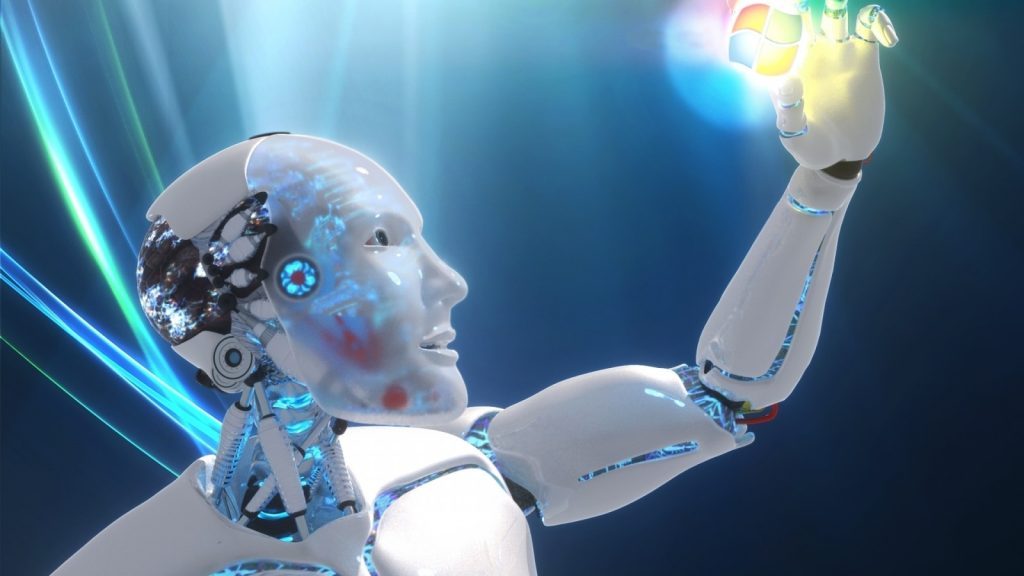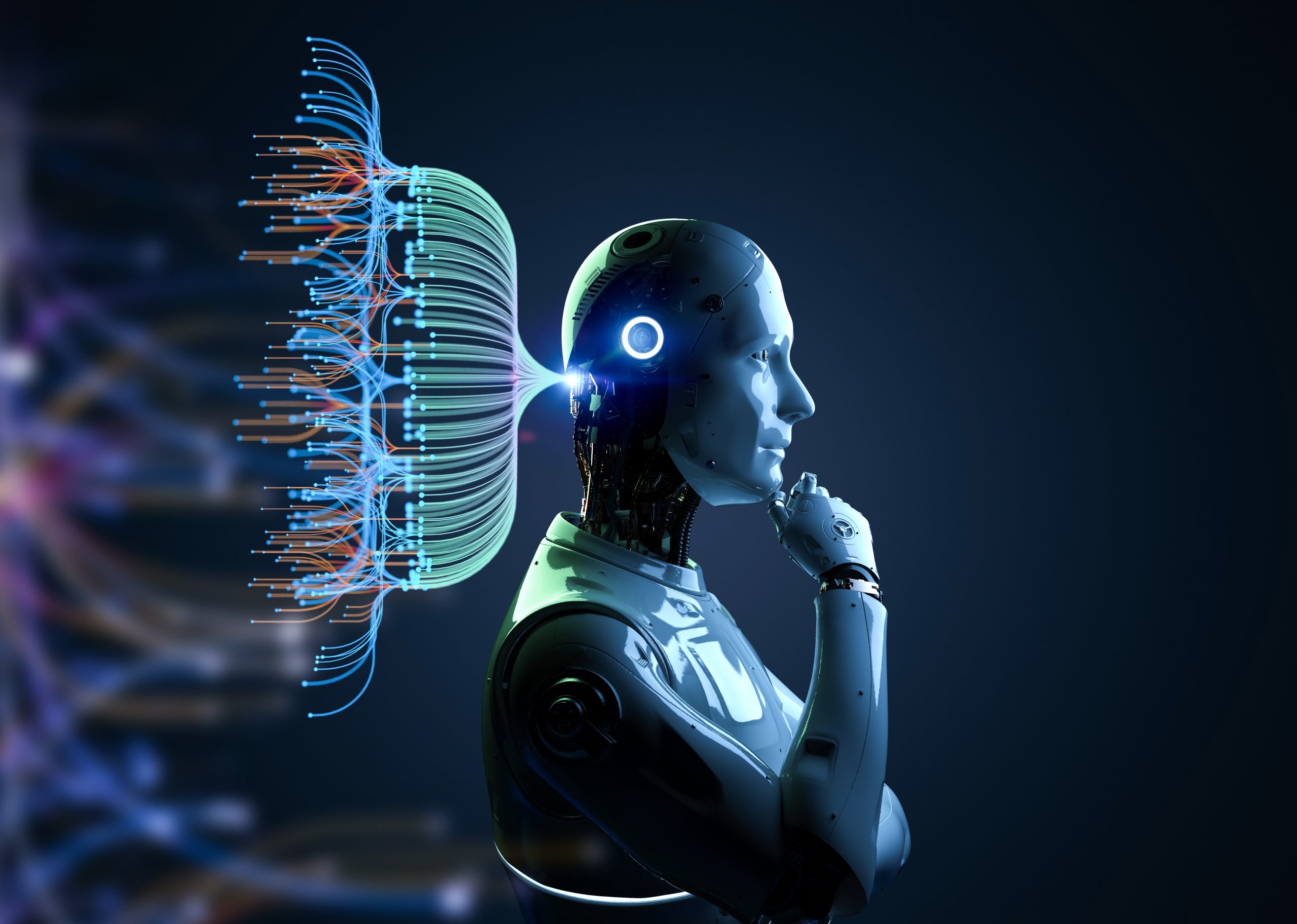In recent years, artificial intelligence (AI) has made significant strides in revolutionizing various aspects of healthcare. From diagnostic tools to treatment options, AI has demonstrated its potential to enhance patient care and outcomes. One area where AI holds great promise is in the field of mental health. However, as we embrace the possibilities of AI in this domain, we must also carefully consider the ethical implications and strike a delicate balance between innovation and ethics.
The Promise of AI in Mental Health

AI offers numerous advantages when it comes to mental health care. One of its most significant benefits is the potential for early detection and diagnosis of mental health disorders. AI-powered algorithms can analyze vast amounts of data, including patient records, behavioral patterns, and even speech and text, to identify subtle signs of mental health issues that might go unnoticed by human clinicians.
Furthermore, AI-driven chatbots and virtual therapists can provide 24/7 support to individuals struggling with mental health challenges. These digital tools can engage with users in natural language, offering a sense of anonymity and reducing the stigma associated with seeking help. They can also provide immediate responses and interventions, which can be crucial during crisis situations.
Ethical Considerations in Mental Health AI
While the promise of AI in mental health is evident, we must navigate a complex landscape of ethical considerations. Here are some of the key ethical issues that need careful attention:
Privacy and Data Security
AI relies on vast amounts of personal data, including sensitive information related to mental health. Ensuring the privacy and security of this data is paramount. It is essential to establish robust safeguards to protect individuals from data breaches and unauthorized access. Additionally, transparency about how data is collected and used is crucial to maintain trust between patients and AI systems.
Bias and Fairness
AI algorithms can inherit biases present in the data they are trained on. In mental health, this could result in biased diagnoses or recommendations, potentially exacerbating existing disparities in healthcare. Developers and researchers must work diligently to identify and mitigate biases in AI systems, ensuring they are fair and equitable for all populations.
Informed Consent
Obtaining informed consent from individuals using AI-based mental health services can be challenging. Users must fully understand the capabilities and limitations of these systems and be aware of the potential consequences of sharing their personal information. Providing clear and easily understandable information is essential to ensure informed decision-making.
The Role of Human Oversight

To strike the right balance between innovation and ethics in AI-driven mental health care, human oversight is crucial. While AI can assist clinicians and provide valuable insights, it should not replace human judgment and empathy. A collaborative approach that combines the strengths of AI with the expertise of mental health professionals can yield the best outcomes.
Regulatory Frameworks
Governments and regulatory bodies play a vital role in shaping the ethical landscape of AI in mental health. Establishing clear guidelines and standards for the development and deployment of AI systems can help mitigate ethical concerns. These regulations should address issues such as data privacy, transparency, bias mitigation, and accountability. As AI continues to advance in the field of mental health, it holds great promise for improving the lives of individuals struggling with mental health issues. However, we must tread carefully and thoughtfully, addressing the ethical considerations that come with this innovation. By prioritizing privacy, fairness, informed consent, human oversight, and regulatory frameworks, we can harness the potential of AI while upholding the ethical principles that underpin mental health care. In doing so, we can create a future where AI and ethics work hand in hand to enhance mental health support and treatment.


Leave a Reply